As an Albuquerque Public Schools student, my access to the sciences in school has been very limited during portions of middle school and high school. The regular-education approach to teaching the sciences does not communicate information clearly or inspire students to apply their knowledge and become leaders in fields using advanced science or practical science. Foremost, teaching information in class and conducting demonstration labs for students is not enough to help students master fundamental scientific concepts. Although methods of learning differ from student to student, it has been observed by Art Graesser, Ph.D. that students learn and retain information effectively through explaining their reasoning, asking “why” questions, being given immediate feedback on their work, and generating their own material through providing examples. In regular-education science classes, these methods of learning are not being addressed, making classes seem confusing, trivial, and boring, which encourages students to give up. To correct this, more hands-on and exploratory activities should be implemented in class to supplement regular instruction, such as interactive labs, field trips to local institutions, discussion and questioning of subjects of study, and organization of individual experimentation and research projects. Additionally, with the limits of scientific applications and examples inside the classroom, students gain little to no knowledge of engaging and intellectual professions for which they could apply. Many students in New Mexico do not have the financial support for after-school academic and vocational programs, and thus the application of the material they learn in school is very limited. My extracurricular activities have inspired me to use knowledge of physical, chemical, and biological sciences to make a career in diagnosing and treating injured athletes and the general public, as well as researching new methods of treatment and new studies of human bodily function. Such inspiration could be acquired by students given the opportunity to participate in engaging after school activities. Other applications of practical scientific knowledge include using chemistry in cooking, physics in architecture, and biology in health product development and marketing. Job opportunities requiring knowledge of the sciences are abounding in the modern world, and students’ confusion and boredom in the subject is hindering the future contributions of scientific leaders in practical institutions and research. Therefore, integration of artistic and practical applications to sciences taught in school and opportunities for conducting research would greatly improve all students’ understanding of concepts and introduce them to an unexplored spectrum of career paths.
Vivien Jones, Eldorado High School
- Excellence and Equity for Gifted Students of New Mexico - October 21, 2019
- Up With the Moonshot! - October 9, 2019
- Free NAGC National Conference Registration - June 8, 2019
- Gifted Education Day Essay - March 29, 2019
- Gifted Education Day Essay - March 17, 2019
- Gifted Education Day - March 10, 2019
- Gifted Education Day Agenda - March 1, 2019
- 2/28 deadlines to support gifted education! - February 27, 2019
- Gifted Education Day at the Roundhouse, March 8! - February 22, 2019
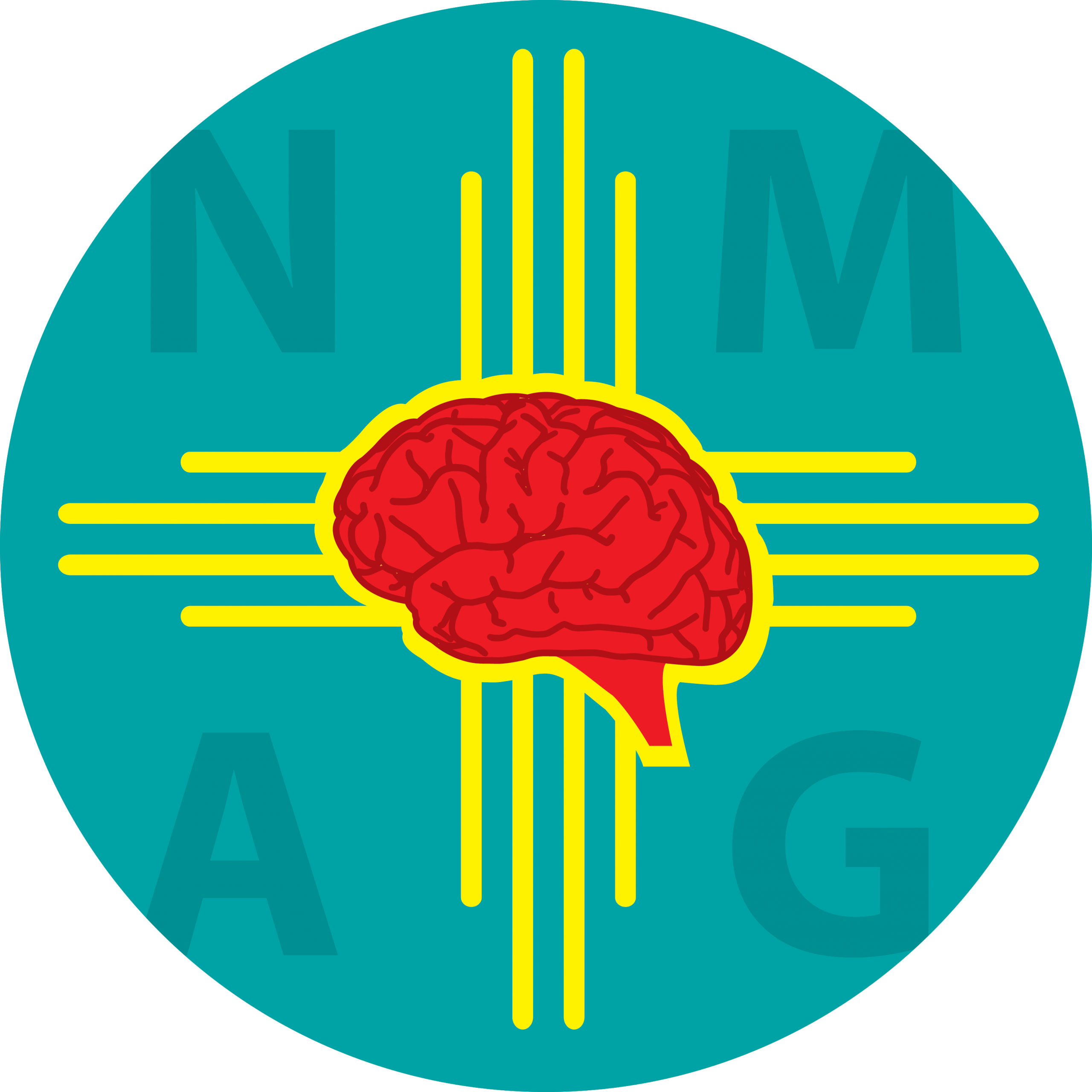
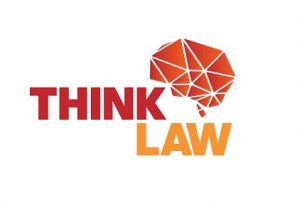
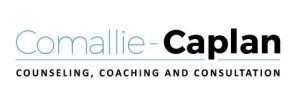
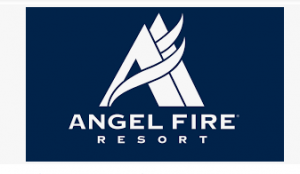
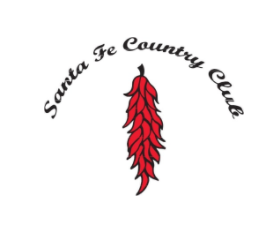
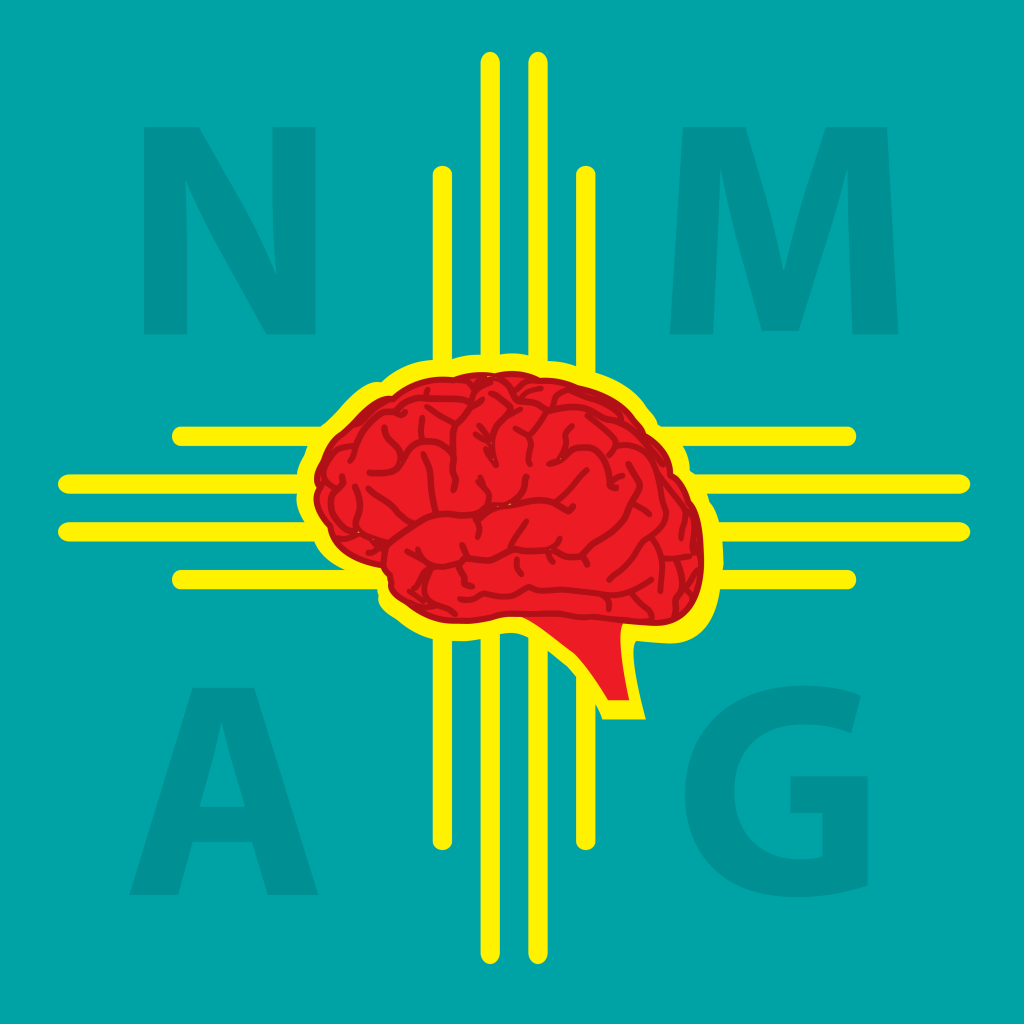
Leave a Reply
You must be logged in to post a comment.